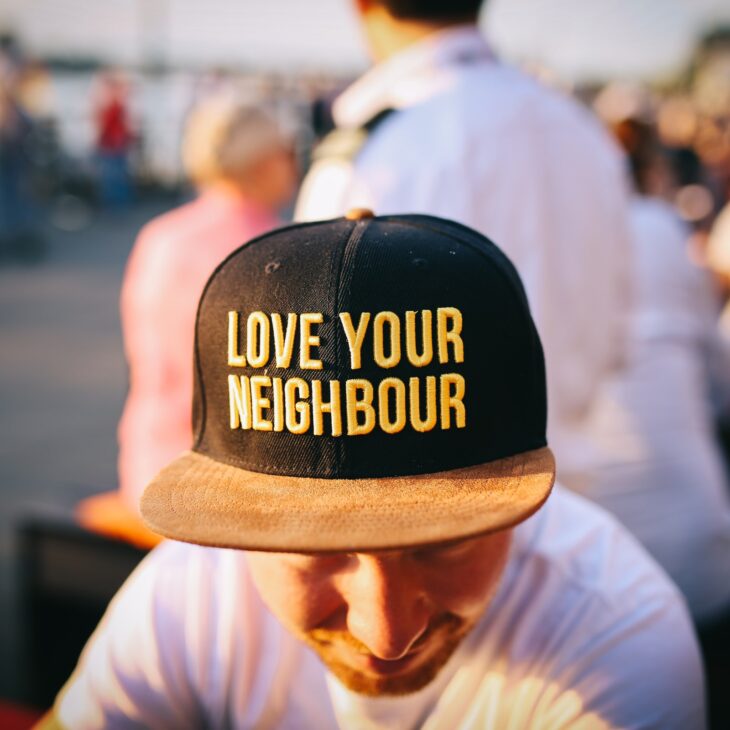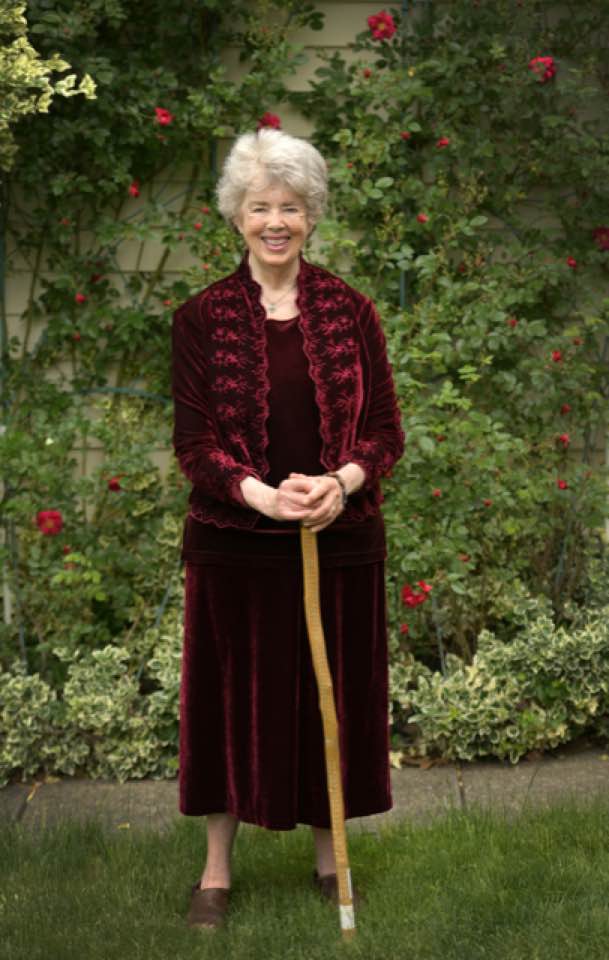Senators Join Bipartisan Effort to Heal Civic Divides. Here’s Why It Matters.
June 30, 2022

Mother Teresa once said Americans are the poorest of the poor in the world because of our lack of spiritual and moral values. This past April, participants from all over the country joined me to address Mother Teresa’s concern in a strategic visioning process. Together, we imagined Americans finding common ground, reducing the divides in our country.
Our conversations were part of the National Week of Conversation, in partnership with America Talks and the ListenFirst Project. My involvement with these initiatives grew out of my commitment to build a culture that embraces a shared moral and spiritual vision of solidarity, guided by heart-centered leadership. Americans require a broad-based set of tools to connect with others of different backgrounds and beliefs. The need is so great. I appreciated every single participant’s presence and contribution.
We all came heavy-hearted, reeling from the horrors of Ukraine and worn down by the gridlock and acrimony in Congress, but we set our minds and hearts to envision healing what divides us. We were heartened to learn that there is a group of bipartisan representatives in Congress, led by Democratic Rep. Derek Kilmer and Republican Rep. Andy Barr, who introduced HR 6843, the Building Civic Bridges Act, and a Senate companion bill introduced this week by Senator Chris Coons, Democrat of Delaware, and Senator Ben Sasse, Republican of Nebraska.
That is why I encourage you to contact your representative in Congress to sign on to the Building Civic Bridges Act, joining Reps. Kilmer and Barr and Senators Coons and Sasse, in a bipartisan effort to build relationships across lines of difference and forge a sense of common civic purpose. Nine Democrats and nine Republicans introduced the House bill in February and three more co-sponsors have joined them. I am pleased to report that on Wednesday, June 29, Senators Coons and Sasse introduced a companion bill in the Senate that’s earning broad support from civic groups across a political spectrum.
The bill would create a non-partisan pilot program within AmeriCorps to support community civic bridgebuilding, bolstering a grassroots movement that has been growing among concerned citizens, including myself, far beyond the headlines. Through grants, training, research and public conversations, this program would promote the ability of local communities to tackle sources of division, while empowering participants and organizations with a foundation on which they can address contentious issues and ultimately, bridge divides.
Share
Related Articles
American Civic Life
American Civic Life
Is This a Time for Bridgebuilding? 5 Leaders in Conversation
American Civic Life
The Interfaith Legacy of Muhammad Ali: “The Wise Man Changes”
The Building Civic Bridges Act invites us to truly engage with one another as fellow Americans. This is a time to build bridges, not barriers. By empowering local leaders to expand trust and deepen relationships within our communities, we can focus on that which unites us, rather than the issues that pull us apart. I commend the co-sponsors for the moral imagination behind this bill and welcome the opportunity to ensure that local bridgebuilding efforts flourish in our country.
Bridging divides has been at the heart of my life’s work. I have spent the past two decades bringing people together to identify their spiritual strengths and how to use them to resolve conflicts and build trust with one another. My work is born out of a vivid dream I had in New York City, where I had just witnessed the tragic attacks of 9/11. In my dream, I saw a phoenix rising from the ashes of Ground Zero, a symbol of the power we each have to heal the spiritual and moral vacuum of a divided America and fractured world.
To facilitate the spiritually grounded change that is needed, I have drawn on my work of over 30 years with the United Nations to develop and train Reconciliation Leaders who can provide the kind of thoughtful, heart-centered leadership needed so badly by our country at this time. In the past, I have worked with Worcester high school students to serve as peer mediators, bridging differences among their classmates who come to our city from around the world, speaking close to 90 different languages. I used the visioning process with them, too. Soon they lined up at the door of my office to ask me to help them de-escalate their anger and confusion, using art materials.
Last month, the group I convened, with several talented co-facilitators, undertook a series of visioning exercises, sharing their individual and communal dreams of a nation reunited through the passage of this bill, followed by action plans to realize their dreams. They also created a composite image of all their images to help them be in community together and stay connected.
We all have special gifts and talents that we can use to heal our country. Let us stop blaming one another and be accountable by focusing on the inner states of our hearts, conducting, as one Reconciliation Leader wrote, “a deeper spiritual analysis alongside the political and social … no one is immune.” Then I encourage you to reach out to someone who may see the world differently and find common ground.
I identify as a Episcopalian/Quaker or “Episcoquake,” and as a woman of faith, I am led by the Holy Spirit and accompanied by Christ in every life challenge.
On June 1, with the help of Becca Hartman-Pickerell of Interfaith America and my affiliation with the Friends Committee on National Legislation, I organized a group of constituents from my central Massachusetts congressional district to meet with our Congressman James McGovern to ask his co-sponsorship of the Building Civic Bridges bill. As a result of our meeting, not only is Rep. McGovern co-sponsoring, he has also agreed to ask a Republican representative to join him.

Virginia Swain
Virginia Swain is the Principal of VirginiaSwain.com, providing life and career direction for professionals and leaders at any level of accomplishment. She is also the founder and director of the Institute for Global Leadership, which she founded in 2001 in Worcester, Massachusetts, after she was in the United Nations in New York on 9/11 during the World Trade Center attacks. America Talks was co-sponsored by Gannett and USA Today and 400 other organizations including the Institute for Global Leadership.



